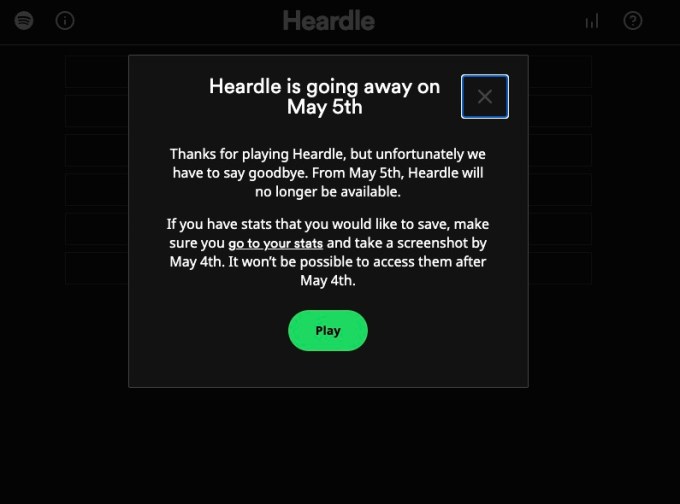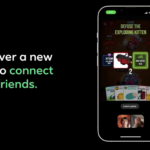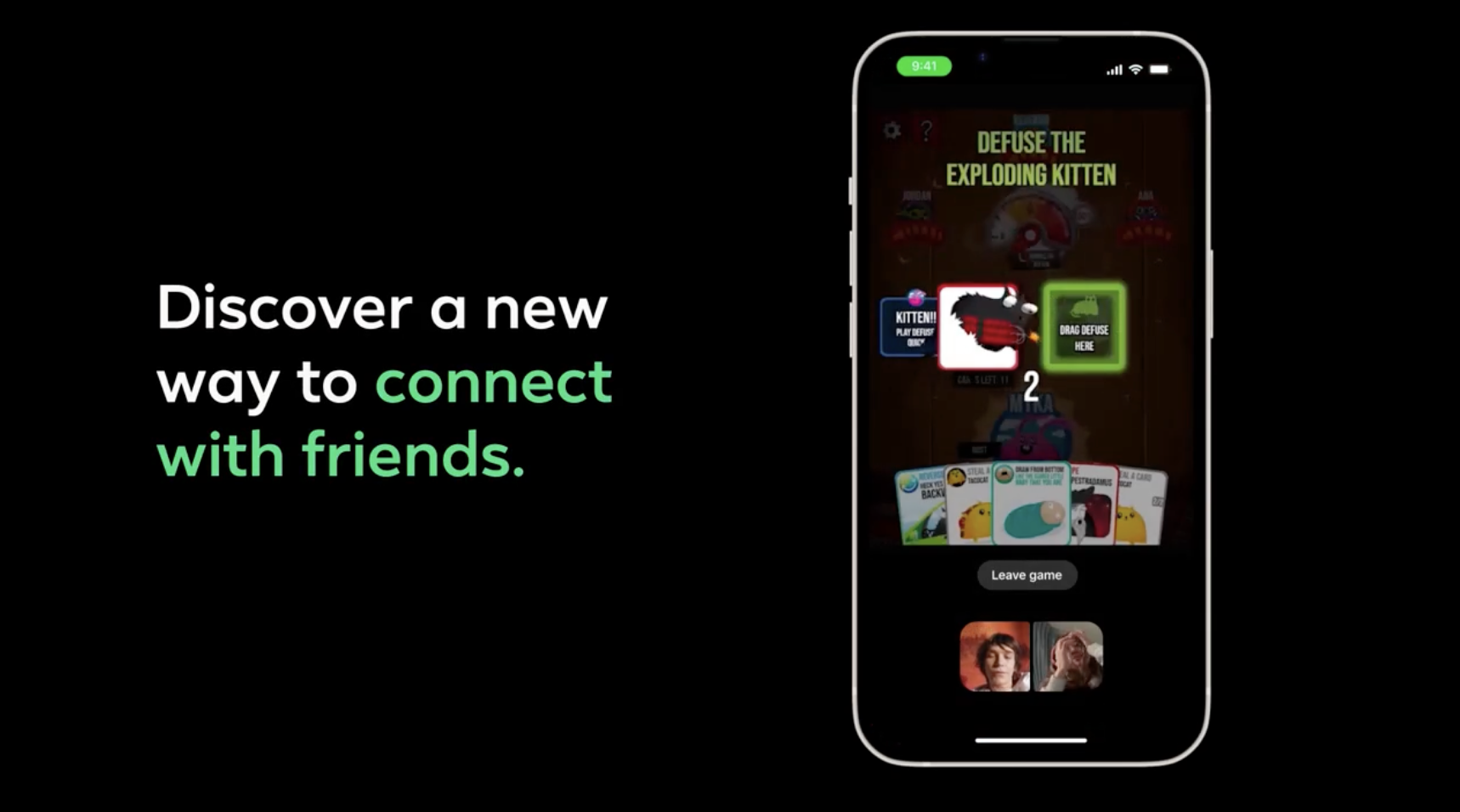Epic Games is expanding Fall Guys — its bubbly battle royale populated by little jellybean dudes — to make room for player-crafted creativity.
With its fourth season, live today, Fall Guys adds a new creative mode that invites players to sculpt their own levels with beginner-friendly game design tools. In the new mode, anyone can create new obstacle course gauntlets filled with big boxing gloves, bouncy floors and giant, candy-colored hammers, all designed to squash the player character’s bean-like avatars.
For Epic, Fall Guys slots in next to Fortnite, offering a different flavor of chaotic battle royale play that’s increasingly modeled on the company’s core multiplayer hit. Unlike Fortnite, a wacky but mechanically more traditional shooter, Fall Guys offers players a fight to the death across a series of colorful, cartoon courses strewn with hazards.
The upshot of Epic shaping its other titles into differently-flavored Fortnites is that the company knows it’s got a winning formula. The free-to-play seasonal battle pass model, in-game cosmetic purchases and an expansive set of creative tools for player-crafted levels are all ingredients in a recipe that Epic continues to hone.
Epic is betting big on player-crafted original content, sometimes known as “UGC” (user-generated content). Fortnite players spend a ton of time in that game’s realm of player-created game modes and levels. In March, Epic announced that it would bring its Unreal Editor to Fortnite, promising improvements to graphics and gameplay that surpass anything else that’s out there for amateur game developers right now.
Along with that news, Epic announced that it would share 40 percent of Fortnite revenue with anyone making UGC for Fortnite — a big departure from the game’s scant existing monetization options. Across the board, Epic is setting the stage for a seamless, multiplayer universe of games stocked with endless player-made content and shoppable virtual items. The closest obvious competitor to that vision is Roblox, which skews younger but is similarly building the near-future of online multiplayer gaming and digital goods (are we still calling this the metaverse?).
Last year, Fall Guys switched to a free-to-play model and launched on the Nintendo Switch and Xbox, making it available basically anywhere you can play games. It’s not available for mobile yet, but then again neither is Fortnite these days after Epic clashed with Apple over that company’s sizable cut of in-app payments. (There’s a cloud gaming workaround if you’re really committed to getting Fortnite running on iOS.)
Epic bought Fall Guys creator Mediatonic in early 2021. The purchase came around six months after the game took off on Twitch, racking up 100 million streaming hours that August alone. That acquisition followed Epic’s 2019 purchase of indie developer Psyonix, when the company brought the popular soccer/racing title Rocket League into its stable of online multiplayer games.
Epic’s Fall Guys adds a creative mode so players can design their own levels by Taylor Hatmaker originally published on TechCrunch
Powered by WPeMatico





